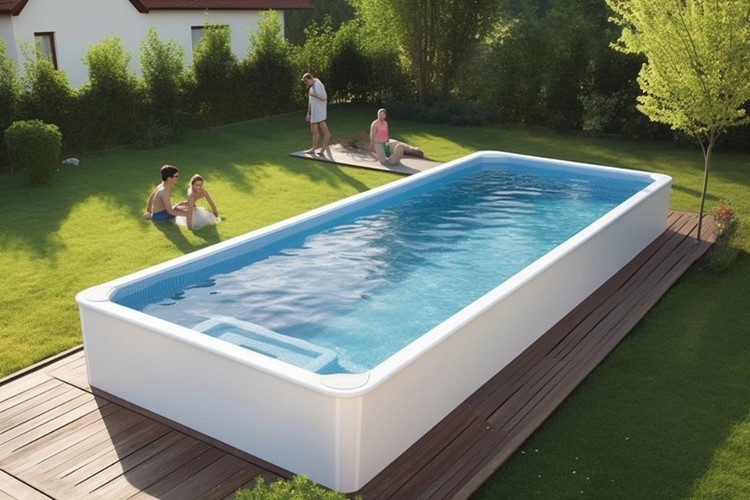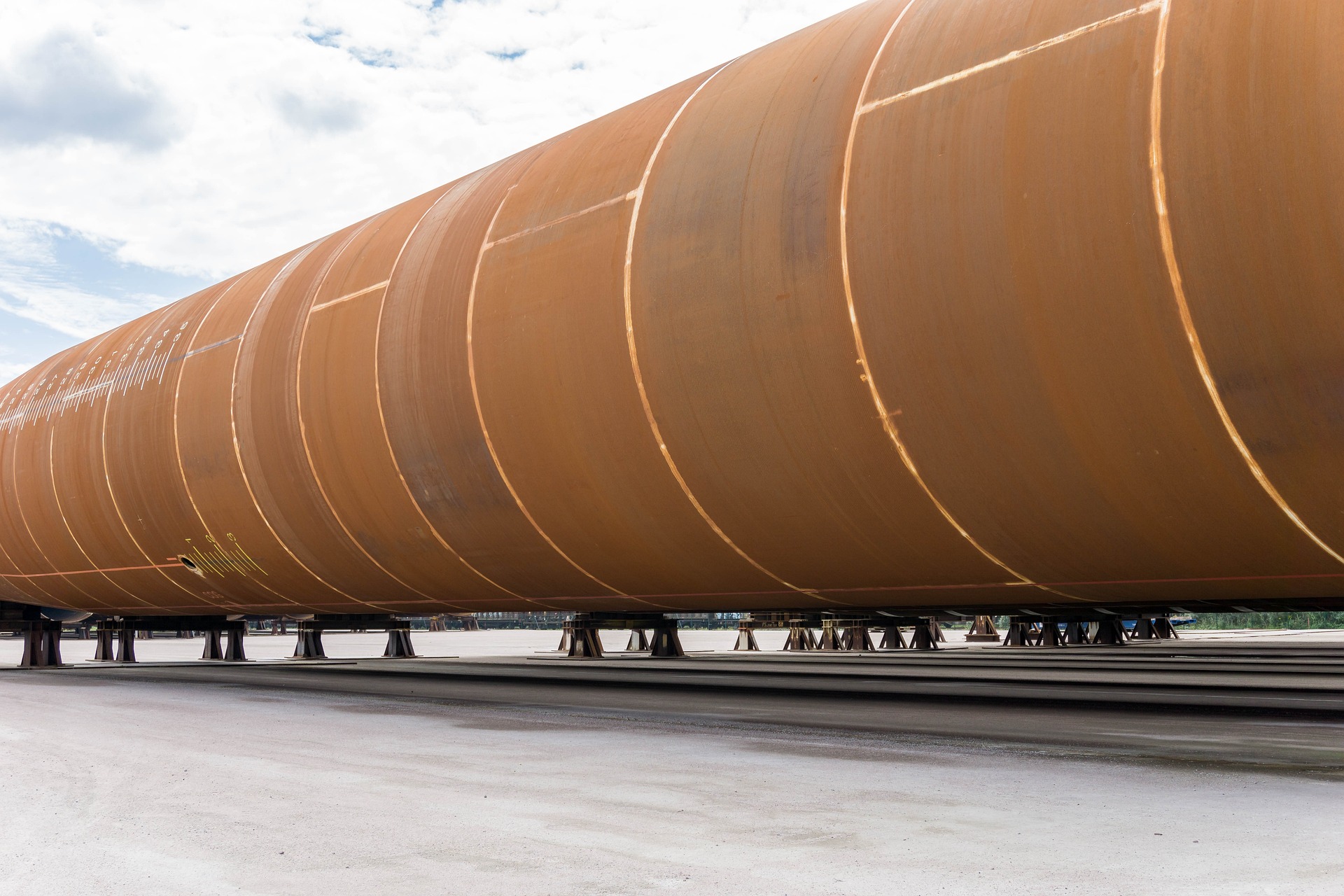Apartment Rental Guide: How to Find the Best Apartments in Canada
Finding the perfect apartment in Canada can be an exciting yet challenging endeavor. Whether you're a newcomer to the country or a long-time resident looking for a change, understanding the rental landscape is crucial. This comprehensive guide will walk you through the process of finding the best apartments in Canada, from exploring various types of rentals to navigating contracts and weighing the benefits of renting versus buying.

What types of apartments are available in Canada?
Canada offers a diverse range of apartment options to suit different lifestyles and budgets. The most common types include:
-
High-rise apartments: These are typically found in urban centers and offer amenities like elevators, concierge services, and sometimes fitness centers or pools.
-
Low-rise apartments: Usually three to five stories tall, these buildings are common in both urban and suburban areas.
-
Basement apartments: Often more affordable, these units are partially or fully below ground level.
-
Duplexes and triplexes: These are houses divided into two or three separate living units, offering a more home-like feel.
-
Studio apartments: Compact units where the living area, bedroom, and kitchen are combined into one open space.
-
Luxury apartments: High-end units with premium finishes and extensive amenities.
Understanding these options will help you narrow down your search based on your preferences and requirements.
How do you choose the right apartment for your needs?
Selecting the ideal apartment involves considering several factors:
-
Location: Proximity to work, schools, public transportation, and amenities is crucial.
-
Size: Determine how much space you need based on your lifestyle and belongings.
-
Budget: Factor in rent, utilities, parking, and any additional fees.
-
Amenities: Decide which features are must-haves, such as laundry facilities, outdoor space, or pet-friendly policies.
-
Safety: Research the neighborhood and building security measures.
-
Natural light and ventilation: Consider the apartment’s orientation and window placement.
-
Condition: Assess the overall state of the unit and building maintenance.
Make a list of your priorities and use it as a checklist when viewing potential apartments to ensure you find the best fit for your needs.
What are some tips for finding affordable apartments in Canada?
Securing an affordable apartment in Canada’s competitive rental market requires strategy and persistence:
-
Start your search early: Begin looking at least 2-3 months before your desired move-in date.
-
Use online platforms: Websites like Kijiji, PadMapper, and Rentals.ca offer extensive listings.
-
Consider less popular areas: Apartments in up-and-coming neighborhoods or suburbs may be more affordable.
-
Be flexible with move-in dates: Landlords may offer deals for immediate occupancy or off-season moves.
-
Look for rent-controlled units: Some provinces have rent control policies that limit annual increases.
-
Consider shared accommodations: Renting with roommates can significantly reduce costs.
-
Negotiate: Don’t be afraid to discuss rent or included utilities with potential landlords.
-
Check for subsidized housing: Government programs may offer reduced rent for eligible individuals.
By employing these strategies, you can increase your chances of finding an apartment that fits your budget without compromising on quality.
What are the advantages of renting versus buying in Canada?
The decision to rent or buy is a significant one, with each option offering distinct advantages:
Advantages of Renting:
-
Flexibility to move for job opportunities or lifestyle changes
-
Lower upfront costs compared to purchasing a property
-
Predictable monthly expenses without unexpected maintenance costs
-
Access to amenities that might be unaffordable in a owned home
-
No property tax or mortgage interest payments
Advantages of Buying:
-
Building equity over time
-
Potential for property value appreciation
-
Freedom to customize and renovate as desired
-
Stable housing costs (with a fixed-rate mortgage)
-
Potential tax benefits
Consider your long-term goals, financial situation, and lifestyle preferences when deciding between renting and buying in Canada.
What advice should you follow regarding apartment rental contracts and terms?
Understanding and negotiating rental contracts is crucial for a smooth tenancy:
-
Read the entire lease agreement carefully before signing.
-
Clarify any unclear terms or conditions with the landlord.
-
Ensure all verbal agreements are included in writing.
-
Understand your rights and responsibilities as a tenant under provincial laws.
-
Document the apartment’s condition before moving in with photos and a written inventory.
-
Be aware of the lease duration and renewal terms.
-
Understand the policies on subletting, guests, and pets.
-
Know the process for maintenance requests and emergency repairs.
-
Familiarize yourself with the conditions for lease termination and the required notice period.
-
Consider tenant insurance to protect your belongings.
By following these guidelines, you can protect your interests and establish a clear understanding with your landlord from the start.
Finding the best apartment in Canada requires research, patience, and careful consideration of your needs and budget. By understanding the types of apartments available, knowing how to choose the right one, implementing strategies to find affordable options, weighing the pros and cons of renting versus buying, and being well-informed about rental contracts, you’ll be well-equipped to secure a comfortable and suitable living space in the Canadian rental market.




